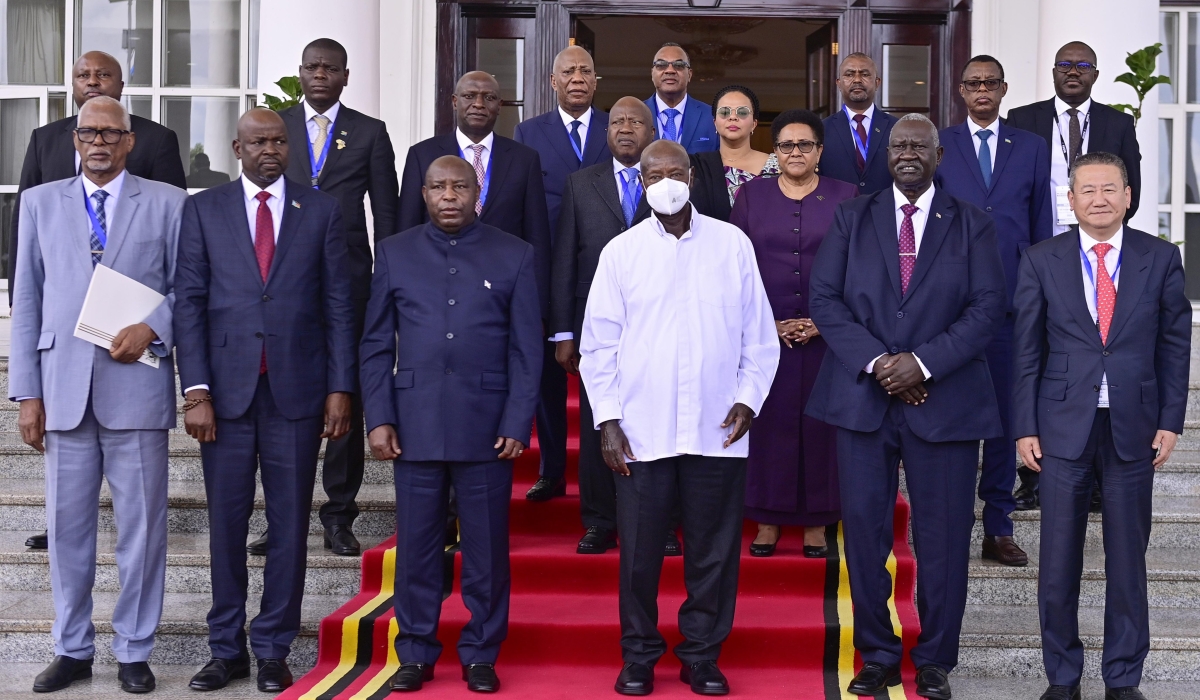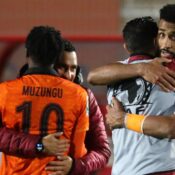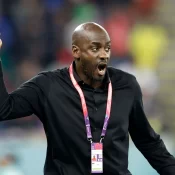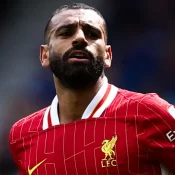
Museveni attributes the DR Congo’s crisis to the Interahamwe militia’s poor leadership
Ugandan media say that on May 28, President Yoweri Museveni said that the instability in eastern DR Congo had been caused by “careless foreign interference” dating back to the time of former Zairean leader Mobutu Sese Seko and Rwandan President Juvenal Habyarimana.
It happened at the 12th High-Level Meeting of the Regional Oversight Mechanism of the Peace, Security, and Cooperation (PSC) Framework for the DR Congo and the area. In Entebbe, about 40 kilometers from Kampala, the country’s capital, at the State House, President Museveni welcomed the summit. DR Congo’s problems could be solved regionally with little help from outside the area, Museveni said during the opening session. He said that relying on foreign forces while ignoring local activists and Congolese citizens’ views had made the situation worse.
Leading Uganda as chairman of the Regional Oversight Mechanism (ROM) of the Peace, Security, and Cooperation (PSC) Framework for DR Congo and the Great Lakes Region, the country’s leader said that the region’s problems can be solved if outsiders take a back seat and let African solutions take root.
“The problem is clear, and it can be fixed, but the political will is needed.” Involvement from foreigners should be limited because they are the ones who carelessly make the mistake worse. When people make mistakes, they think that we, the region, don’t care, Museveni told the other leaders at the 12th high-level ROM meeting.
Information suggests that when Burundi’s President Évariste Ndayishimiye gave him the chairmanship, Museveni used his inaugural speech to teach about the country’s past. He directly connected the ongoing trouble in eastern DR Congo to the effects of the genocide groups that fled Rwanda in 1994 and later came to DR Congo armed and hiding.
After losing in Rwanda, Mobutu’s troops and Habyarimana ran away to Goma, Museveni said at the meeting at State House Entebbe.
“We asked Mobutu to halt their weapons.” Because he didn’t think the internal forces mattered, he wouldn’t listen. Not caring about us, the neighborhood. “It matters that foreigners are helping them,” he said.
“What was Mobutu doing? This is where we were. He could have gotten help from us.
The PSC Framework, which was signed in 2013 by the UN, the African Union, the International Conference on the Great Lakes Region (ICGLR), and the Southern African Development Community (SADC), is a big regional plan to reduce the causes of conflict in eastern DR Congo.
Although Museveni was hopeful that the situation could be solved, he warned against making the same mistakes again.
“These issues seem simple to resolve.” They are not hard. The three mistakes—philosophy, theory, and strategy—are hard to avoid.
Leading officials or representatives from Uganda, Angola, Burundi, Congo-Brazzaville, DR Congo, Kenya, Rwanda, South Africa, South Sudan, Sudan, Tanzania, and Zambia, as well as observer groups from the UN, AU, and ICGLR, all attended the summit.
Genocidal army
In the Democratic Republic of the Congo, a terrorist group started by some of the people who planned the genocide against the Tutsi in Rwanda in 1994 has been causing trouble in the area for thirty years.
Former FAR soldiers, politicians, and Interahamwe militia members who had killed more than a million people in 100 days fled to eastern DR Congo, which was then called Zaire, with their weapons when the Rwanda Patriotic Army rebels took over and stopped the genocide in July 1994. Initial grouping was called RDR, then PALIR, then ALIR I, then ALIR II, and finally FDLR. They created FDLR in the middle of 2000, not long after the US government labeled them a terrorist group for killing American tourists in Uganda’s Bwindi Forest, to avoid being linked to their horrible crimes. When the leaders of FDLR got together in Lubumbashi, the country’s second-largest city in the southeast, near the border with Zambia, they made the group official.
Especially targeting Kinyarwanda-speaking Congolese, whose unresolved complaints led to the M23 uprising, the genocidal militia kept up its plan to kill everyone in eastern DR Congo. Because the Congolese government had failed in many ways, including not enforcing a peace deal signed on March 23, 2009, the latter was set up on May 6, 2012.
The Congrès national pour la défense du people (CNDP), a political and military group that was formed about three years earlier, calmed down the rebellion in January 2009 after Kinshasa agreed to do things like include its fighters in the national army. An event at Rumangabo military camp, 45 kilometers north of Goma, the capital of North Kivu Province, to welcome the first group of rebel fighters into the national army was attended by high-level government officials, including Charles Mwando Simba, who was defense minister at the time and died in Belgium in December 2016.
Following their fighters’ joining of the national army, CNDP officials announced a few days later “the de facto transformation of CNDP into a political party” that was accepted by the government. After denying revolt and becoming a political party, things went back to normal about 11 months later. Désiré Kamanzi quit as leader of the dissatisfied former rebel group that is now a political party.
Starting in 2021, the Congolese government army alliance, which includes the FDLR, over 10,000 Burundian troops, European mercenaries, South Africa-led SADC forces, and UN peacekeepers, went to war with the M23 rebels.
After joining in December 2023, M23 is now a part of the Alliance fleuve Congo (AFC), a bigger and growing group of rebels.
Six years of self-imposed exile ended on May 26 when the AFC/M23 rebels, who control large parts of eastern DR Congo, including the capital city of Goma, announced that former President Joseph Kabila had returned. Kenyatta’s second trip back to Goma, which is the capital of North Kivu province, came after a short trip there in April before going back to Southern Africa.
AFC/M23 political head Corneille Nangaa wrote on X, “We welcome this great politician’s return home.” “Kabila made the right decision by moving instead of staying in exile.”
All Categories
Recent Posts
Tags
+13162306000
zoneyetu@yahoo.com



